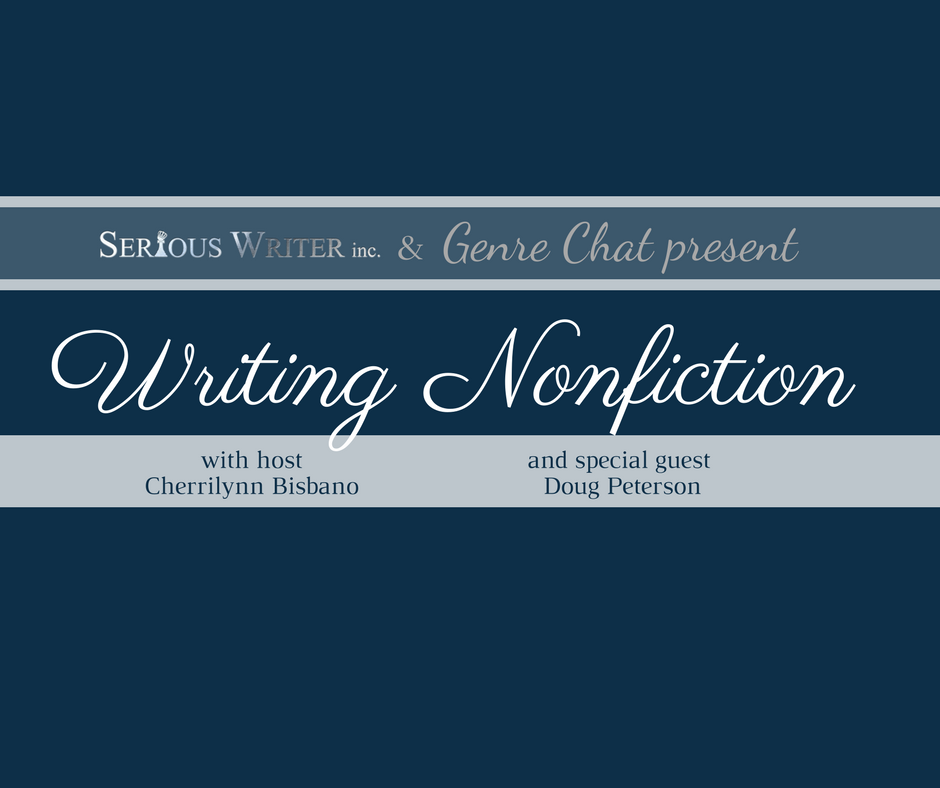

“Sight” Writing: 5 Senses
For the average writer, sight, is typically the easiest of the five senses to describe. Our world is filled with a menagerie of colors, people, plants, animals, buildings, and things. Each of those objects are finite and can be described visually, making sight easy to relate on paper.
But describing the sense of sight doesn’t have to be bland. Take for instance, the picture below.
What do you see?
Most people see a whitewashed glacial landscape void of personality and excitement. Some would describe this as, “snow and ice covered the ground and tall snow-capped peaks stood far off in the distance”.
In fairness, that is an adequate description, but it lacks pizazz. It lacks personality. And more than anything else, it lacks a developed sense of sight.
Take sixty-seconds and write what you see in the scene shown in the aforementioned picture.
What do you see now?
How would you describe the shallow turquoise lake as its color darkens to a chilly cerulean blue before disappearing into the midnight depths of the central crevice?
What about the mountains? Are they snow-capped? Or does the snow creep down the mountainside in wispy white fingers before being swallowed by the soulless shadow mountains?
Is it a snowy white glacier? Or do you see the pockmarks, the spashes of dirt and sediment, and the areas smoothed by the run-off?
Take a deeper look. Imagine you are standing on this glacier. See the lake. Peer at the mountain. Watch the wind blow across the landscape.
Now what do you see?
Leave your unique description of what you “see” in the comments below. And make sure to take the time to always peer into your scene, setting, or storyworld and describe and your characters in an exceptionally engaging way.
“Sound” Writing: 5 Senses
Great authors write using the five senses. They are masters of drawing their readers deeper into the world, scene, or setting of a story by embracing the intricacies and subtleties of the five senses.
The senses of sight, sound, touch, taste, and feel are available to almost all writers. Utilizing proper description of each of the five sense in your manuscript will greatly improve your story, and will drastically improve your chances of getting your manuscript published.
In the modern world sound is everywhere. You can’t get away from it. Popular studies have shown that spending just thirty-minutes in a room void of sound can drive a person crazy and cause them to hallucinate. It is near impossible to find an area with an absence of sound. You cannot avoid even the faintest whirr of air-conditioning fans blowing, the tick of a clock, or even your own heart, and neither can the characters in your manuscript.
Sound is everywhere, even in your made up reality contained within the pages of your story. The reality of this is a great benefit to your writing. Your readers know and experience those same sounds in their daily lives. It gives you common ground from which you can connect your scene or setting with the mind of your target audience.
As an exercise take sixty-seconds and write what you hear in the scene shown in this picture.
What did you hear?
Did you hear the metallic clash of the blacksmith’s hammer pounding against the red-hot metal? Most people do.
What about the laborious grunts emanating from the blacksmith as he exerts all of his effort into reshaping the metal? Not as many people hear that sound when they look at this picture. You have to look deeper. Put yourself into the scene to see it.
Can you hear the singing sounds of sparks blasting away from the impacts?
What about the sizzle of the blacksmith’s sweat as it drops from his forehead onto the molten metal?
Or the scrunching of thick leather in the blacksmith’s apron as he moves and twists?
Look again at the picture and picture yourself in the scene. Close your eyes and experience the blacksmith working. What do you hear?
Hopefully, your mind allowed you to embrace the setting in a unique way. Maybe you heard the roar of the fire just outside the picture, or the screeching of metal as the blacksmith readjusts his grip on the hot metal using the tongs.
Did you hear an assistant chattering in the background? Or music playing on an old radio?
If you didn’t hear any of these things, don’t worry. It takes practice. But the more you open your mind to the reality of the sound around you, the more you will be able to describe it in your manuscript and pull your reader further into your story.
Take one last look at the image and write in the comments something unique that you can “hear” in the setting, that you didn’t already hear the first two times.
Platform vs. Writing Ability
As a literary agent, I routinely get asked which is more important platform or the quality of the writing?
For writers who are looking to get published, this is an important question to debate. It may be the most important question.
The correct answer is not as easy as it may seem. The winner of this important debate between platform and writing ability can change more frequently than the tide. For the purposes of this post, I will look at this great debate from a traditional publishing perspective as it pertains to unpublished authors. For self-publishers, a third-party candidate weighs into the equation—marketing/networking.
Unpublished Authors
I have looked at a great number of submissions from first-time/unpublished authors and wanted to scream because their work was sooo good, but they had zero platform. Zilch, nada, nothing.
No website. No Twitter. Not even Facebook.
Sure these are extreme examples, but I can’t sell books written by authors who have no platform. It’s very difficult to sell books by authors with a small platform—many times near impossible.
If you have an excellent book and no platform, some agent may be able to sell your book, but your success rate will be low and that path will be paved with a lot of rejection.
Writing is a Business
You have to remember, your book is your business. It’s a marketable and sellable product. To sell your book you need to have influence enough to convince potential buyers to purchase your product. And you have to understand that a real-world business with no influence doesn’t get sales, because it has no platform.
If you owned a small business with no buyer influence, would you risk going on the television show Shark Tank and attempting to get billionaire investors?
No, of course not.
Those billionaires would tell you that you had no proof of concept. No sales potential.
It’s the same way with most publishers. They want to see that the book has sales potential to an audience or fan base that you are already connected with. Maybe through speaking, YouTube, instructional classes, blogging, etc. and at the bare minimum they want to see that you understand platform and you are actively working on growing your writer’s platform.
As an unpublished writer, if you want to sell your manuscript to a traditional publisher, you need to spend 60%+ of your time and effort building your platform. If it’s not your passion, learn to love it. Learn to make platform-building part of your passion.
There is only one winner in the debate between platform and writing ability as it pertains to an unpublished author—platform.
What percentage of your writing time do you spend working on platform? How can you make platform your passion?
After the Writers Conference
Today’s Blab was a fun reunion. We met Randy Tramp (@Randy77) through live streaming, got to meet in person at the Florida Christian Writers Conference, and now came full-circle with him being a guest on our show.
Tidbits from today’s show:
- Write thank you notes to the publishing professionals you met with.
This can be done via email, social media (where appropriate), or to their address if it’s provided. The latter option may not be readily available, although our Keynote speaker Robert Benson does have his address listed in the back of his book, Dancing on the Head of a Pen (kindle version here).
- How to stay connected with people you met
- Twitter lists
- Friend-ing on social media. Facebook is great avenue for this.
- Update your address book with their contact info so you can easily send an email if needed.
How a Writer can “Build Your Brand”
Focus on your niche. Reach your audience. Build your brand.


